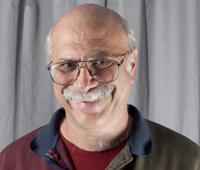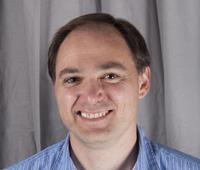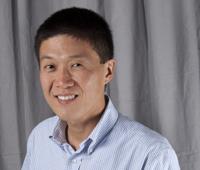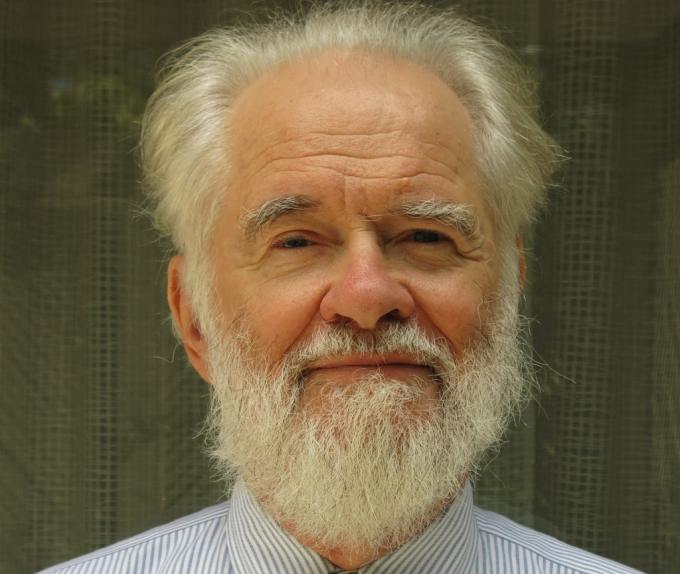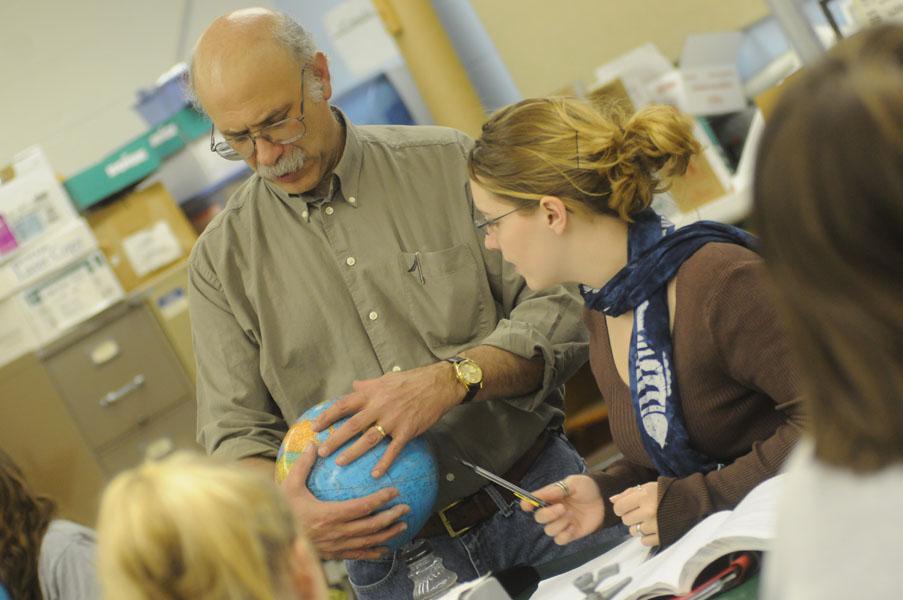Undergraduate Research Opportunities
All of our faculty are involved in research, and many offer opportunities for undergraduates to become involved. Students can earn academic credit for their research with PHY 395 or AST 395.
Some current opportunities are listed below as examples. A longer list of research opportunities may be found here. Always feel free to talk to any faculty member whose research seems interesting to you or contact the Director of Undergraduate Studies.
Professor Joseph Brill
We are doing experiments to characterize new organic semiconductors with possible applications in field-effect-transistors and thermoelectric coolers. Experiments include measurement of the thermal conductivity, infrared properties and electro-optic measurements of electron mobility.
Professor Christopher Crawford
There are many opportunities in our department during the academic year, and I sponsor research projects at UK and ORNL during the summer. Projects include: nuclear magnetic resonance (NMR) spin rotators, data acquisition systems (DAQ), field-programmable gate arrays (FPGA), computer simulations (FEA) of specialty magnets, coil design and robot control algorithms, calibration of robotic arm and sensors, machining circuits with robotic arm and integrated circuit magnetometers. I am currently looking for qualified graduate, undergraduate and high school research assistants.
Professor Brad Plaster
My research involves high-precision experimental tests of Parity and Time-Reversal with Ultracold Neutrons (UCN). The results from these UCN experiments are important for tests of the Standard Model of Particle Physics. We are involved in a measurement of Parity Violation in a neutron beta-decay experiment at Los Alamos and in a search for a Time-Reversal-Symmetry violating neutron electric dipole moment at Oak Ridge. Although these experiments are conducted off-site, we do development work for these experiments here in our lab at UK. I am always interested in working with undergraduate students. Typical projects could include work with magnetic fields and magnetic shielding, computer programming/simulations, and possibly the study of cryogenic techniques involving Helium-3 and Helium-4. I am open to projects during the academic year or the summer.
Professor Joseph P. Straley
I. Simulation problem
There are many problems in physics that can't be solved analytically, but for which the equations of motion can be used to produce a computer model of the system. The resulting study is halfway between theory and experiment because there are errors and uncertainties to the data, and the computer usually studies a simplified model. I always have a few such problems that need someone to help write the programs and collect the data. Knowledge of FORTRAN and the UNIX operating system are not required but would be useful.
II. Demonstration physics
This project involves designing and constructing apparatus for use in demonstration lectures or public displays. It requires a variety of skills, such as carpentry or electronics, as well as an understanding of the phenomena involved. They give the student a real opportunity to put physics to work.

